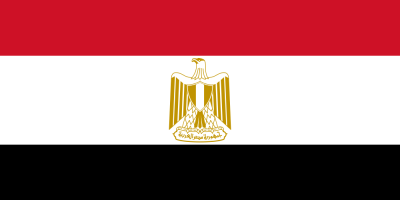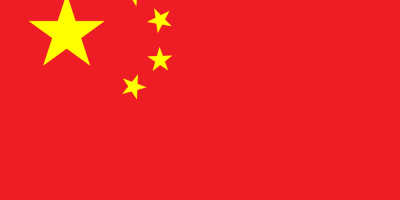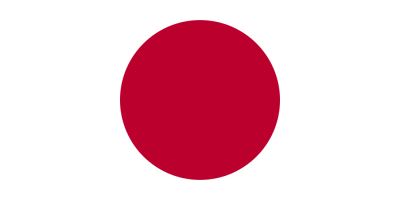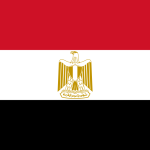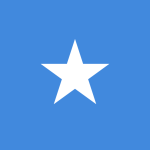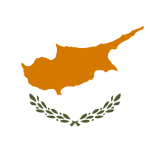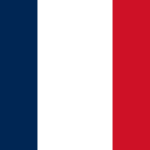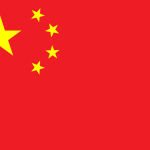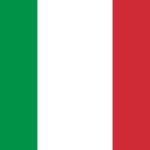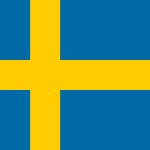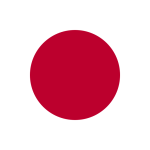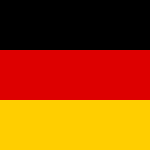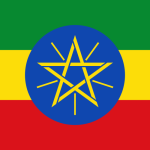Iraq flag color codes features the colors red, white, black, and green arranged in a horizontal triband pattern. These prominent colors have specific Iraq flag color codes in various color formats. This article will provide the HTML hex, RGB, Pantone, HSL, CMYK, HWB, and NCOL values for the Iraq flag colors. Learning the precise Iraq flag color codes can be useful for graphic designers, artists, and anyone looking to recreate or match the colors of the Iraqi flag. With the color formats provided here for the red, white, black and green stripes, it will be easy to incorporate the exact Iraq flag color codes into digital or print projects.
Table of Contents
What are the colors of Iraq flag?
The colors of the Iraq flag are:
- Red
- White
- Black
- Green
The Iraq flag features horizontal stripes of red, white, black, and green.
Iraq flag color codes & Color Names:
RED
| Color Model | Value |
|---|---|
| HTML | #CE1126 |
| HEX | CE1126 |
| RGB | 206, 17, 38 |
| Pantone | 186 C |
| HSL | 357, 85%, 45% |
| CMYK | 0%, 92%, 82%, 19% |
| HWB | 357, 0%, 19% |
| NCOL | 0, 85, 23 |
WHITE
| Color Model | Value |
|---|---|
| HTML | #FFFFFF |
| HEX | FFFFFF |
| RGB | 255, 255, 255 |
| Pantone | Safe |
| HSL | 0, 0%, 100% |
| CMYK | 0%, 0%, 0%, 0% |
| HWB | 0, 100%, 0% |
| NCOL | – |
BLACK
| Color Model | Value |
|---|---|
| HTML | #000000 |
| HEX | 000000 |
| RGB | 0, 0, 0 |
| Pantone | Safe |
| HSL | 0, 0%, 0% |
| CMYK | 0%, 0%, 0%, 100% |
| HWB | 0, 0%, 100% |
| NCOL | – |
GREEN
| Color Model | Value |
|---|---|
| HTML | #138808 |
| HEX | 138808 |
| RGB | 19, 136, 8 |
| Pantone | 356 C |
| HSL | 112, 89%, 29% |
| CMYK | 86%, 0%, 94%, 47% |
| HWB | 112, 86%, 47% |
| NCOL | 85, 22, 53 |
What is the meaning of colors in the Iraq flag?
Here are the meanings behind the colors of the Iraq flag:
Red: The red stripe symbolizes the bloody struggle for freedom against the British. It also represents the sacrifices of the Iraqi people.
White: The white stripe signifies peace and prosperity.
Black: The black stripe represents the dark past of oppression under foreign rule.
Green: The green stripe stands for the fertile land of Mesopotamia and hope for the future.
So in summary:
- Red = Sacrifice and struggle
- White = Peace and prosperity
- Black = Past oppression
- Green = Fertile land and hope
The powerful symbolism behind these four colors connects to key moments and themes in Iraq’s history as a nation.
Explore More Flag Colors:
FAQs: Frequently Asked Questions:
What is Iraq famous for?
Iraq is known for several notable aspects, including its rich history, cultural heritage, and contributions to civilization. Here are some things for which Iraq is particularly famous:
Mesopotamian Civilization: Iraq is often referred to as the “Cradle of Civilization” because it is home to the ancient Mesopotamian civilization. This region witnessed the emergence of some of the world’s earliest advanced cultures, including the Sumerians, Babylonians, and Assyrians.
Historical Sites: Iraq is dotted with archaeological sites and ancient cities, such as Babylon, Ur, and Nineveh, which hold great historical significance. These sites showcase the architectural and cultural achievements of ancient civilizations.
Babylonian Hanging Gardens: One of the Seven Wonders of the Ancient World, the Hanging Gardens of Babylon, is believed to have been located in Iraq. Although there is some historical debate about their existence, they remain an iconic symbol.
Ziggurats: Iraq is home to several ziggurats, which are massive step pyramids that served religious and administrative purposes in ancient Mesopotamian societies. The Ziggurat of Ur is a well-known example.
Who ended the Iraq war?
The Iraq War, also known as the Second Gulf War or the Invasion of Iraq, officially began in 2003 when a coalition led by the United States and the United Kingdom invaded Iraq, citing concerns about weapons of mass destruction and ties to terrorism. The war led to the removal of Iraqi President Saddam Hussein from power.
The military phase of the Iraq War officially ended on May 1, 2003, when then-U.S. President George W. Bush declared major combat operations over. However, the post-invasion period was marked by insurgency, sectarian violence, and political challenges, and the United States continued to maintain a military presence in Iraq for several years.
What was Iraq’s original name?
Iraq has a long and rich history, and its original name is associated with the ancient civilizations that once thrived in the region. The land known as Iraq was part of ancient Mesopotamia, often referred to as the “Cradle of Civilization.” The Sumerians, one of the earliest civilizations in Mesopotamia, called the southern part of the region “Sumer,” while the Akkadians, who later conquered the Sumerians, referred to the entire region as “Akkad.”
Is Iraq a rich or Poor country?
Iraq’s economic status is often characterized by a mix of wealth and challenges. The country possesses significant natural resources, particularly vast oil reserves, which could contribute to economic prosperity. However, various factors, including geopolitical instability, internal conflicts, and governance issues, have presented challenges to Iraq’s development.
The dependence on oil exports has made Iraq’s economy vulnerable to fluctuations in global oil prices. While periods of high oil prices can contribute to economic growth, declines in oil prices can have a significant impact on the country’s revenue and budget.
Is Iraq rich or not?
Iraq is considered to have significant natural wealth, particularly in the form of vast oil reserves. These oil reserves make Iraq one of the world’s major oil-producing countries. The revenue generated from oil exports has the potential to contribute substantially to the country’s economy.
However, despite its resource wealth, Iraq faces various challenges that impact its overall economic development and the well-being of its population. Factors such as political instability, internal conflicts, security concerns, and governance issues have impeded Iraq’s progress. The country has also dealt with the aftermath of the Iraq War and the rise of extremist groups, which have further strained its economic and social infrastructure.
What happened to Saddam Hussein?
Saddam Hussein, the former President of Iraq, faced a series of events that ultimately led to his capture, trial, and execution.
After the U.S.-led invasion of Iraq in 2003, Saddam Hussein went into hiding. On December 13, 2003, he was captured by U.S. forces near his hometown of Tikrit. Following his capture, Saddam Hussein was held in U.S. custody.
Saddam Hussein faced trial for various crimes, including human rights abuses and crimes against humanity. The trial was conducted by the Iraqi Special Tribunal. On November 5, 2006, Saddam Hussein was found guilty of crimes against humanity for his role in the 1982 killings of 148 Shi’a Muslims in the town of Dujail. He was sentenced to death by hanging.
What was Saddam Hussein’s last words?
The exact last words of Saddam Hussein before his execution on December 30, 2006, have been a subject of some controversy and conflicting reports. The Iraqi government released an official video of the execution, but the audio quality was poor, making it difficult to discern Saddam Hussein’s final words.
According to some reports, Saddam Hussein’s last words were a discussion with the executioners about Islamic prayers and expressing defiance. However, the specifics remain uncertain due to the poor audio quality of the released video, and there have been varying interpretations of what was said.
Is Iraq still in war?
Iraq has experienced periods of conflict and instability, but the situation can evolve. As of that time, Iraq had faced challenges related to internal security, sectarian tensions, and the presence of extremist groups. The country has also been dealing with the aftermath of the U.S.-led invasion in 2003 and the subsequent insurgency.
It’s important to note that the security situation in Iraq is complex and can change. Ongoing efforts have been made to address security concerns, stabilize the country, and rebuild infrastructure. International and domestic efforts, including military operations and diplomatic initiatives, have been undertaken to combat extremist groups and promote stability.

